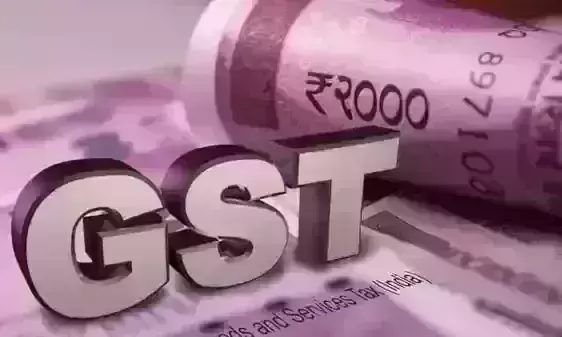
Nirmala Sitharaman defends 5% GST on food items, says not applicable if sold loose
text_fieldsNew Delhi: The imposition of 5 per cent GST on food items which are pre-packaged and labelled has created a chaotic atmosphere in the parliament, where the opposition said the decision is a burden on common people who are already struggling due to high inflation.
The defending the GST imposition, Finance Minister Nirmala Sitharaman said it was not a unilateral decision which has the endorsement of the Finance Ministers of states that are ruled by non-BJP governments.
She also said that food items such as cereals, rice, flour and curd do not attract the GST if sold as loose and not under a brand. The GST will be applicable on such items when it is sold pre-packaged and labelled.
In a series of tweets, she said: "Recently, the GST Council in its 47th meeting recommended reconsidering the approach for imposition of GST on specified food items like pulses, cereals, flour, etc. There have been a lot of misconceptions about this that have been spread. Here is a thread to lay the facts."
"Is this the first time such food articles are being taxed? No. States were collecting significant revenue from foodgrain in the pre-GST regime. Punjab alone collected more Rs 2,000 cr on food grain by way of purchase tax. UP collected Rs 700 cr," she said.
"Taking this into account, when GST was rolled out, a GST rate of 5% was made applicable on BRANDED cereals, pulses, flour, etc. Later, this was amended to tax only such items which were sold under a REGISTERED brand or brand on which enforceable right was not foregone by the supplier," the FM said.
"However, soon rampant misuse of this provision was observed by reputed manufacturers & brand owners and gradually GST revenue from these items fell significantly. This was RESENTED by suppliers and industry associations, who were paying taxes on branded goods. They wrote to the Govt to impose GST uniformly on all packaged commodities to stop such misuse. This rampant evasion in tax was also observed by States (sic)," she said.
"The Fitment Committee—consisting of officers from Rajasthan, West Bengal, Tamil Nadu, Bihar, Uttar Pradesh, Karnataka, Maharashtra, Haryana, and Gujarat - had also examined this issue over SEVERAL meetings and made its recommendations for changing the modalities to curb misuse.
"It is in this context that the GST Council in its 47th meeting took the decision. With effect from July 18, 2022, only the modalities of imposition of GST on these goods was changed with no change in coverage of GST except 2-3 items," said the minister.
"It has been prescribed that GST on these goods shall apply when supplied in 'pre-packaged and labelled' commodities attracting the provisions of Legal Metrology Act."
"For example, items like pulses, cereals like rice, wheat, and flour, etc, earlier attracted GST @ 5% when branded and packed in unit container. From 18.7.2022, these items would attract GST when 'pre-packaged and labeled'," Sitharaman tweeted.
IANS Input























